
A step toward revealing your purpose
Our unique gifts and individual purposes in life can be hard to identify. This post is part of a course designed to help you uncover your authentic gifts and express yourself fully, allowing you to live a completely fulfilled life that aligns with who you truly are.
In this post, we will explore how we can examine our childhood to uncover clues about our true gifts and talents.
Our gifts are often overlooked
We often overlook our gifts and characteristics, perhaps because no one has praised us for them or because they were not considered positive traits. However, it’s important to remember that every gift and every trait has both ”positive” and ”negative” aspects. I use air quotes around ”positive” and ”negative” because, in my opinion, nothing is strictly positive or negative.
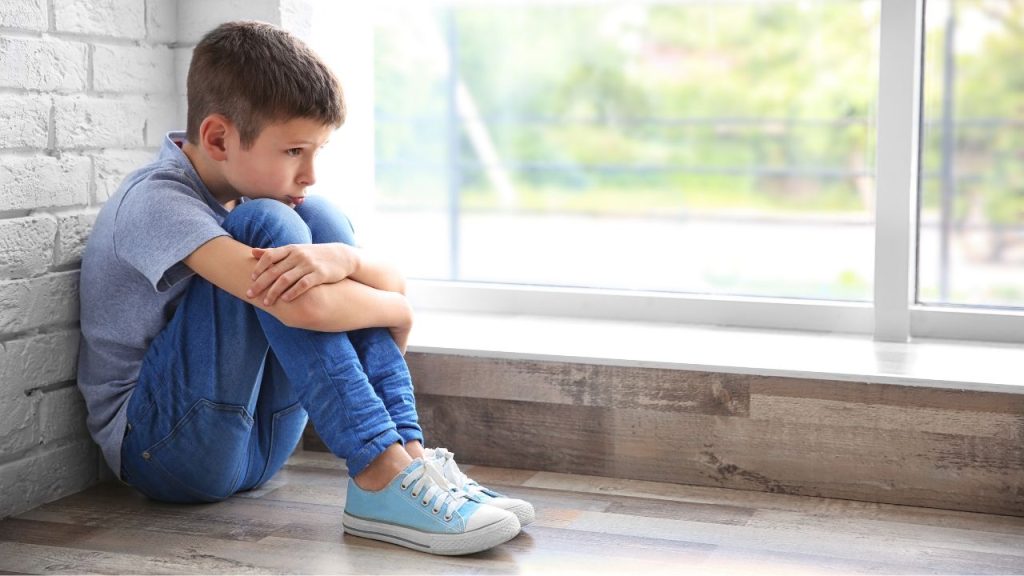
We may not be immediately mature in our gift, meaning that our surroundings might not appreciate it
Everything has a purpose; it’s just a matter of perspective. Each purpose comes with its own challenges, and facing challenges is not a bad thing. In fact, we grow stronger and develop resilience through these experiences.
However, if you practice your gift and the people around you focus only on the negative aspects, it can be disheartening. It’s important to remember that we won’t become proficient in our gifts right away. Maturing in our abilities takes time and practice.
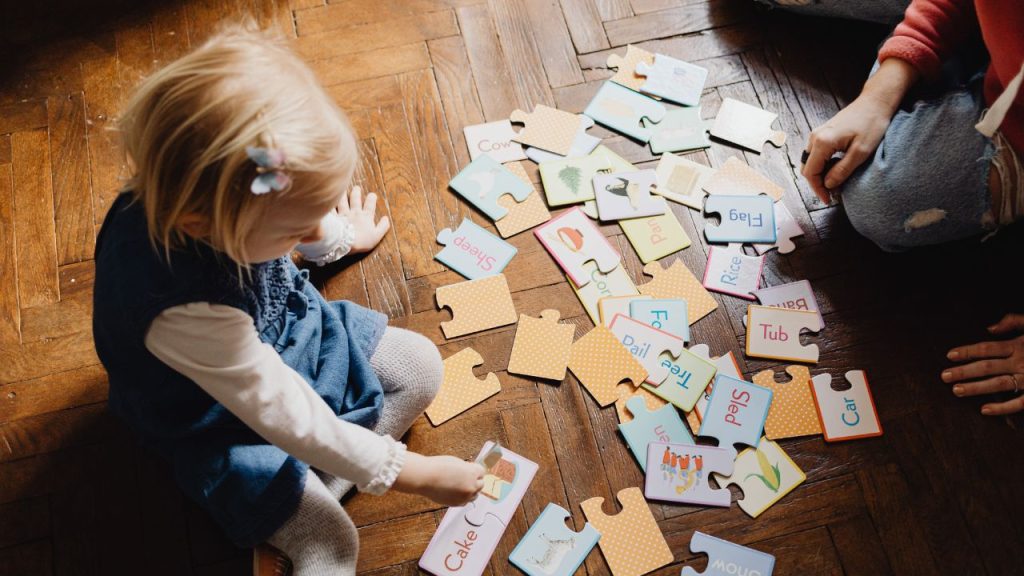
Our gifts as children and adults may manifest differently, but they share the same core. Look for the seeds of your gifts.
Even if we have a natural gift, it’s important to recognize that we still need to put in some work. Talent requires practice and should be nurtured. While some things may come easily to us, we shouldn’t overlook their significance. These natural abilities can be such an integral part of who we are that we might not even notice them. Ignoring this aspect can be a big mistake, as practicing a gift as a child differs from doing so as an adult, yet both share essential core elements.
By reflecting on your childhood, you can discover many keys to understanding what came easily to you.
What did you love to do before the world started to change you?
What did you love to do before the world started telling you:
- What to love?
- What to ignore?
- Where to direct your attention?
- What actions to take?
- What games to play?
- How to play them?
- What music to listen to?
What interests did you have before the world began to program you?
We are born authentic and naturally curious, and we follow our interests. From the moment we are born, we have a personality and a spirit. As children, we live with our hearts wide open because we have not yet learned to close them. We are authentic, connected to our spirit, and inspired.

The unconditional state of believing that we are good enough.
As children, we naturally assume that we will be loved, treated fairly, and receive affection, believing that everything will turn out well for us. We aren’t born with anxiety or depression. We trust and live authentically from our spirits until we learn otherwise.
Gradually, the world around us begins to shape us, leading us to abandon our authenticity, our true expressions, and our unique gifts. We may start to believe that some gifts are more valuable than others, leading us to abandon our own because they don’t seem valuable.
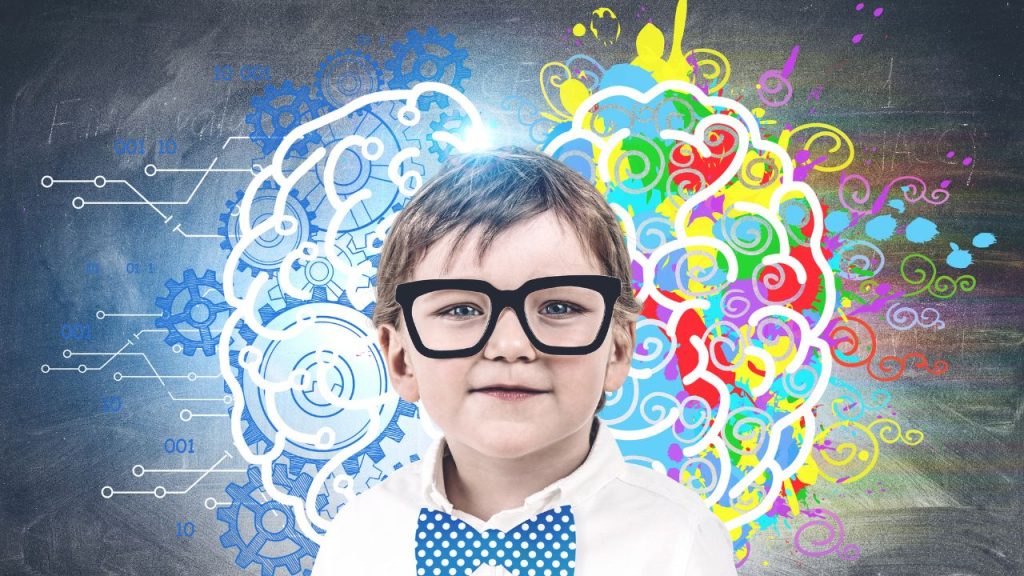
We start to abandon our authenticity unconsciously.
It all starts with an unconscious realization: I can’t simply be myself. I can’t just say what I want or express my needs. Because if I do, the affection and support will be gone. Love seems to be conditional; I believe I must meet certain expectations to be liked, accepted, and receive what I need.
Because of this, we begin to abandon our authenticity and our unique gifts, thinking that it’s essential for our survival.
This process isn’t conscious; it occurs beneath the surface. For many of us, these experiences originate from a young age, often before we can even comprehend them fully.

Our survival instincts activate to assist us in improving our chances of survival.
Often, our survival instincts lead us to bury certain memories deep within our subconscious, making them difficult to access. However, these hidden memories continue to impact us in various ways. They are stored in our bodies and influence our reactions to certain events, ultimately shaping our future, our lives, and how (and if) we express our gifts.
The crucial question is: Do we practice our gifts out of a sense of survival, or do we do so from a place of joy and authentic expression?
Since many of us carry these subconscious experiences, we may react to situations in anxious or fearful ways. We might rely on our gifts to feel safer, or it might seem safer to not use them at all.
Although I have actively engaged in my healing journey for seven to eight years, I still find myself feeling a certain way about situations without fully understanding why.
We don’t always need to understand ”why,” but it’s important not to resist the feelings that arise and to accept their existence. Emotions come and go; they won’t last forever. In my experience, when we stop judging our emotions, they naturally dissolve once they no longer serve a purpose.

Healing has multiple layers; sometimes, the lesson is to understand the reasons why we feel a certain way.
Here’s the thing: if we approach our experiences with curiosity and the intention to understand ourselves better, we open the door to healing. When we are ready, the memories and experiences that need attention will surface. This is why we don’t need to obsess over constantly healing or growing.
Opportunities to heal come naturally; don’t hunt them.
Throughout life, events will arise that prompt us to reflect on them and consider what lessons they offer about our reactions and behaviors. We never need to hunt for healing; healing opportunities show up in our lives naturally. The key is to approach difficulties happening in our lives with the intention of asking ourselves:
What is this trying to tell me?
What can I learn from it?
How can I handle this in the best way? (and not out of fear)
We can’t just bury our feelings, as our bodies remember everything even if our minds do not.
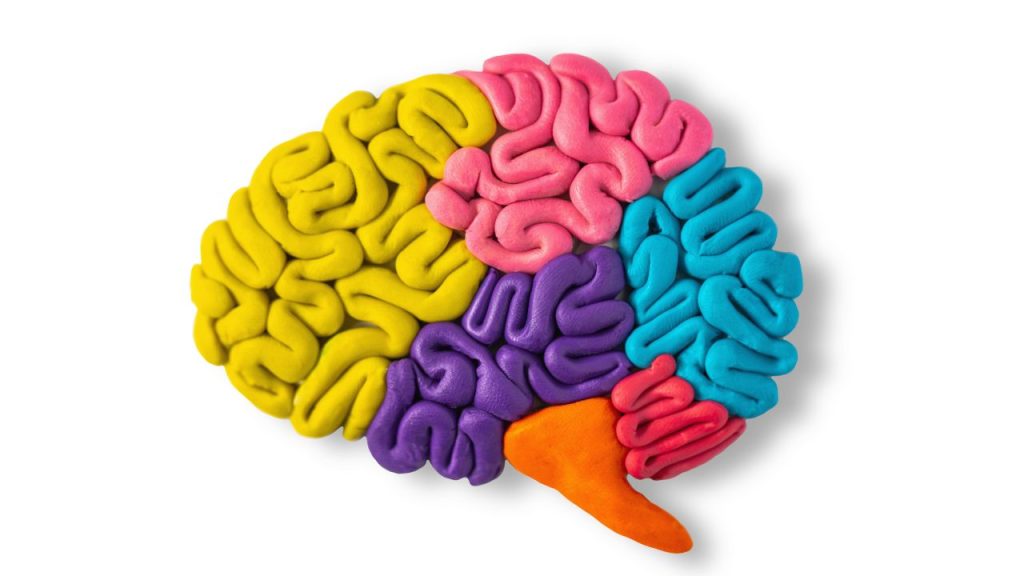
Survival and conditioning
The conditioning I mentioned can manifest in different ways. It often occurs through the encouragement our brains receive when we feel love and affection from others, and we begin to associate certain behaviors with obtaining that love and affection.
As a result, we start to repeat those behaviors more and more because they make us feel loved and valued. This need for love and affection is crucial for our survival, especially when we are children. While we still need love and affection as adults, it doesn’t carry the same survival significance. But our brains still thinks so if we do not deprogram those beliefs.
In my family and culture, growing up as a girl meant I got plenty of love, affection, and compliments when I was nice, easygoing, skinny, and pretty. I realized that I felt more connected and loved when I took on the role of the victim rather than stepping into my own power. I find this so interesting and think it would be a great topic to explore in more depth!
This experience really shows how we tend to create patterns in our minds that make us lose touch with our authentic selves, our true expressions, and even our special talents.

Emotional pain can cause us to ignore our talents.
If we’re not encouraged to share our gifts and use our voices, it can be really tough. Sometimes, when we speak our truth, we might feel a sense of safety and emotional pain—it’s like an invisible weight on our heart of blockage in our throat that makes us hesitate or not do anything. This ”unsafety” and emotional pain can take many forms, like feeling shame, not being acknowledged, or receiving a sarcastic compliment.
We start to disconnect from ourselves and others, abandoning who we are and our gifts.
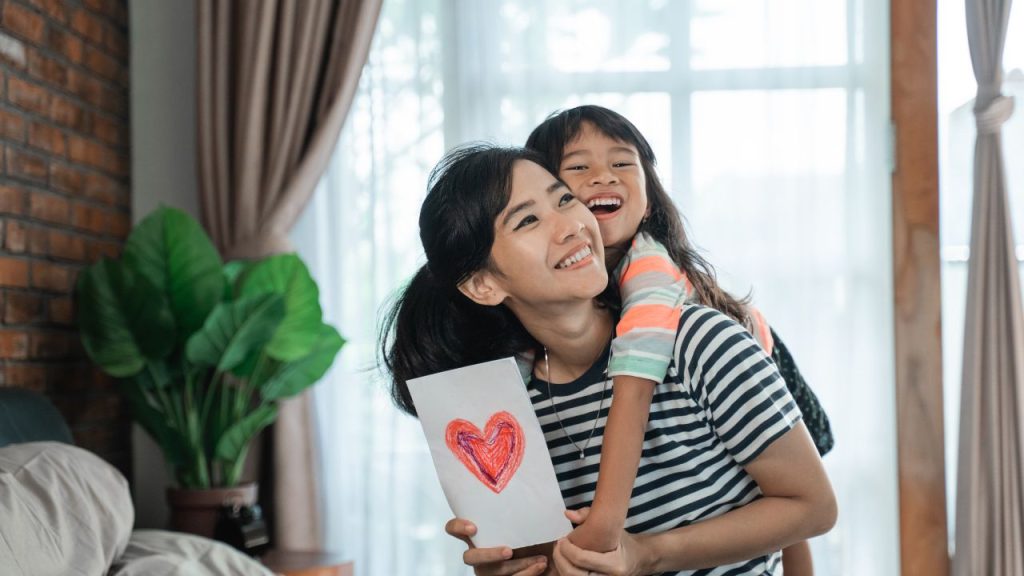
The fear of criticism is often the real enemy
I remember a time from my childhood when I loved being on stage. I enjoyed making jokes, entertaining people, and singing—it all came so naturally to me! But when I was just 6 years old, I faced some tough criticism about my body and appearance, and it hit me hard. At that moment, I felt a wave of emotional pain and shame, and I unconsciously decided that I would never put myself in that vulnerable spot again.
From that day on, I stopped practicing my entertainment skills because I was terrified of being criticized and seen. It’s a story that many of us can relate to, and it’s a bit heartbreaking. never Being in the spotlight is almost impossible, and avoiding it isn’t the solution.

Perfect do not exist
What often happens is we create this ”perfect” persona to feel safer, telling ourselves that if we have to be seen or heard, we must avoid any chance of criticism, and perfection is the solution. But perfection isn’t real; it’s just a myth.
Striving for perfection can ultimately result in illness and burnout
I have always felt the need to be 100% prepared for everything, which often leads to overworking and prevents my natural gifts from flowing through me. I struggled to express myself authentically, relying on my heart and intuition. This pressure resulted in a lot of misery and burnout.
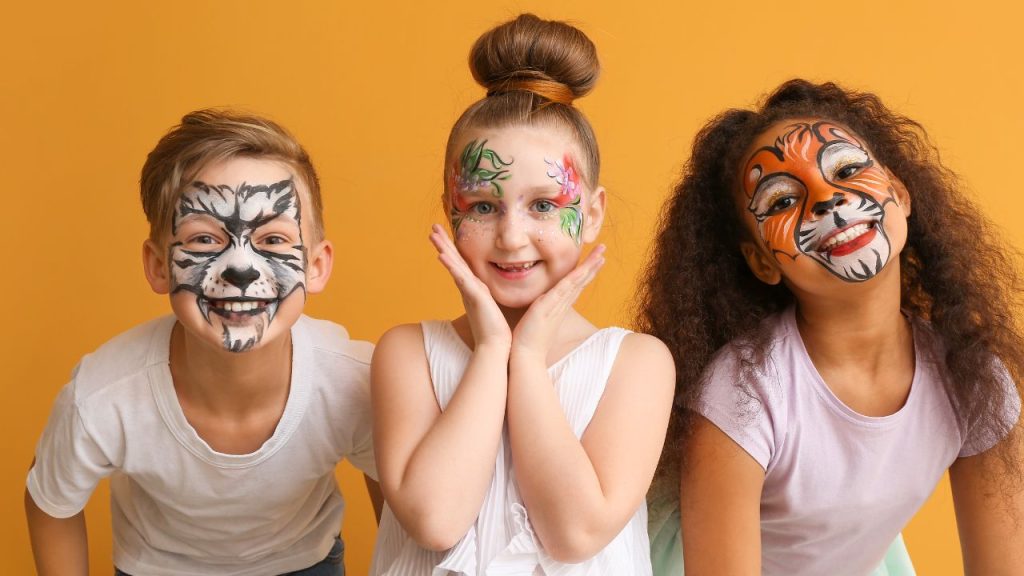
Key: Stop worrying about what others might think or say.
It took me a long time to reclaim my gift and stop worrying about what others might think or say. This is just one small example of how we can be conditioned to abandon our true gifts because of other people’s reactions. The stories we tell ourselves often lead us to feel unworthy or not good enough. We may think we lack gifts or must conform to certain expectations.
You have the power to reclaim your gifts
Our gifts can never truly be taken from us, but we can choose to abandon them. The good news is that we also have the power to reclaim them. However, this journey may require some guidance and support.
Ask the people who knew you as a child
To reconnect with your natural talents, consider how you expressed yourself as a child before societal programming influenced you. If you have trouble remembering, talk to those who knew you back then. Ask them: How did you play? What games did you enjoy? How did you interact with others?
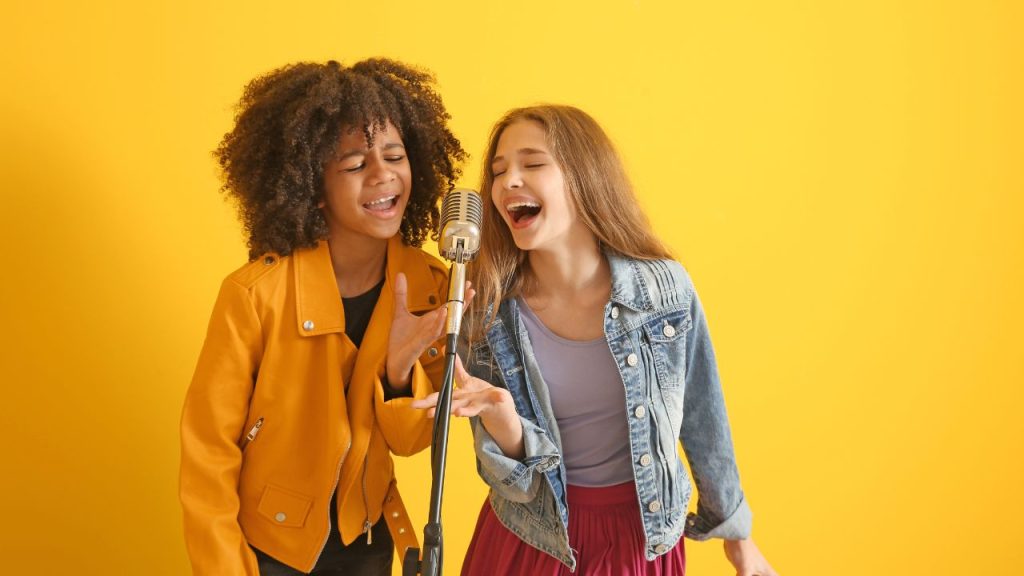
Look for the seeds in your everyday life
For instance, I never really liked playing with dolls or Barbies, but I loved creating the environments where those dolls lived. I enjoyed building the houses, arranging the rooms to make them cozy, and designing everything from scratch. Once I finished, I often didn’t want to play anymore. This insight reveals a lot about my gifts.
Your gifts may have evolved since childhood, but they still retain their core essence and can provide you with valuable insights into yourself.



